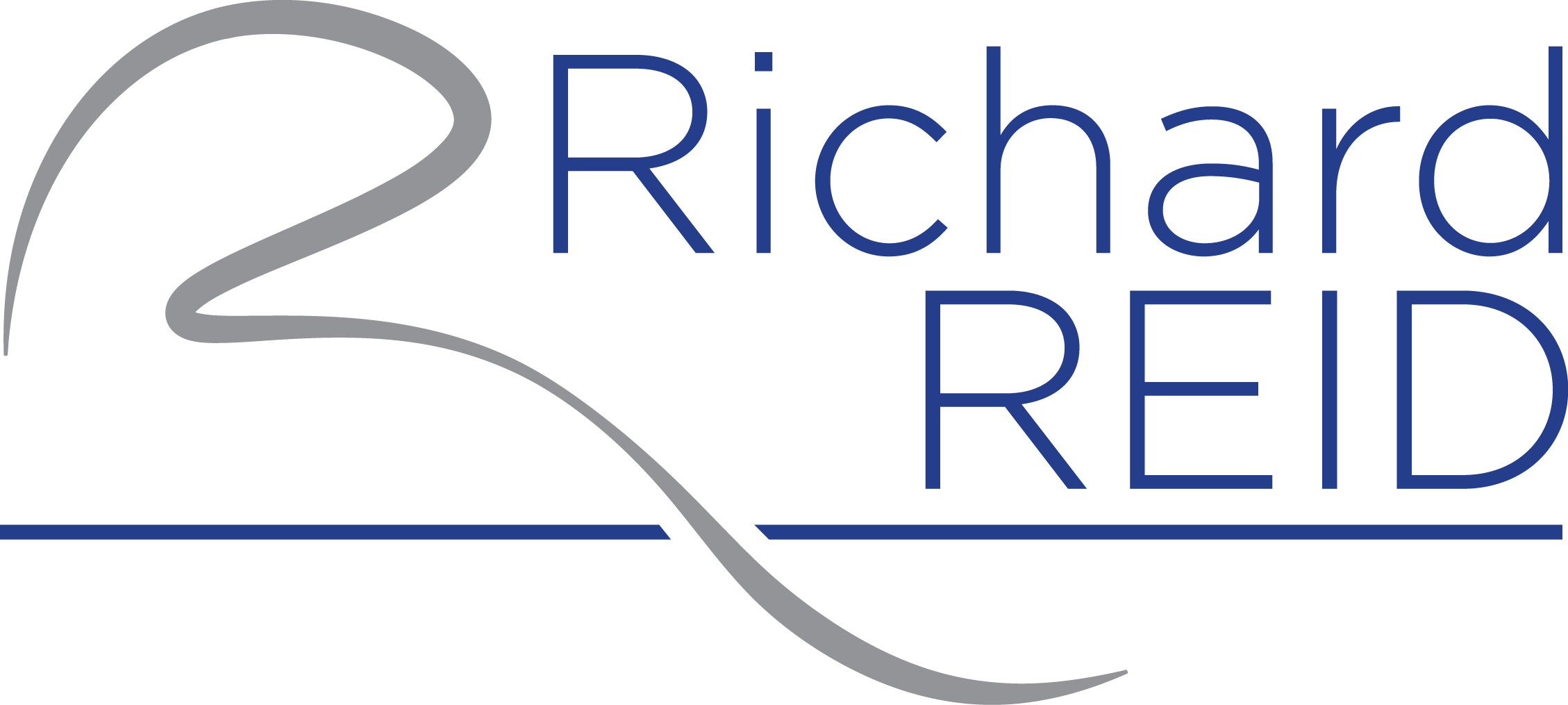As a real estate agent, one of the most critical phases of a deal is the inspection phase. This phase of a contract falls under many titles / names (‘Inspection Period’, ‘Due Diligence’, etc.) by state and region, but all are reliant on a home inspection as a critical milestone in a deal. It’s important to set the appropriate expectations up front of the Buyer, the Seller, and the Home Inspector. Reality rarely matches a buyers uneducated expectations. A little education can make a world of difference in everyone’s experience of this process, and in the likelihood of the deal moving forward toward closing. It’s important for everyone to convey the message that anything can be fixed. What’s wrong is important, but understanding there are solutions is equally if not more important. Lay this groundwork early.
We generally talk to a buyer about the home inspection before they even schedule it. We break the expectations into 3 categories:
- The inspector will note things that are broken. This is the most typical expectation, and is the most critical need relative to Seller repairs / contributions.
- The inspector will typically inform the buyer of things that do not conform to today’s code, but did when the home was built.
- The inspector will inform the buyer of things that are likely to need improvement, repairs, or replacement during the first few years of home ownership.
For starters, home inspections are almost always limited to what’s visually observable. That means no cutting drywall or other things open to discover what might be happening inside a wall, or other part of a home. There have been HGTV shows that show inspections that allow for this type of destruction, but I’m not aware of any standard real estate contract that allows for it, and it’s exceptionally rare to successful write in in for a specific need. So – if the home inspector can’t see it, they aren’t going to be aware of it or make note of it. There are a couple of things they will open like the electrical panel box and the HVAC blower, but these are the exception, not the rule. For a stricter reference, refer to the language in both your sales contract and the inspector’s contract with the customer to understand the limitations.
Course Content
How to verify repairs (before the closing).
About Instructor



